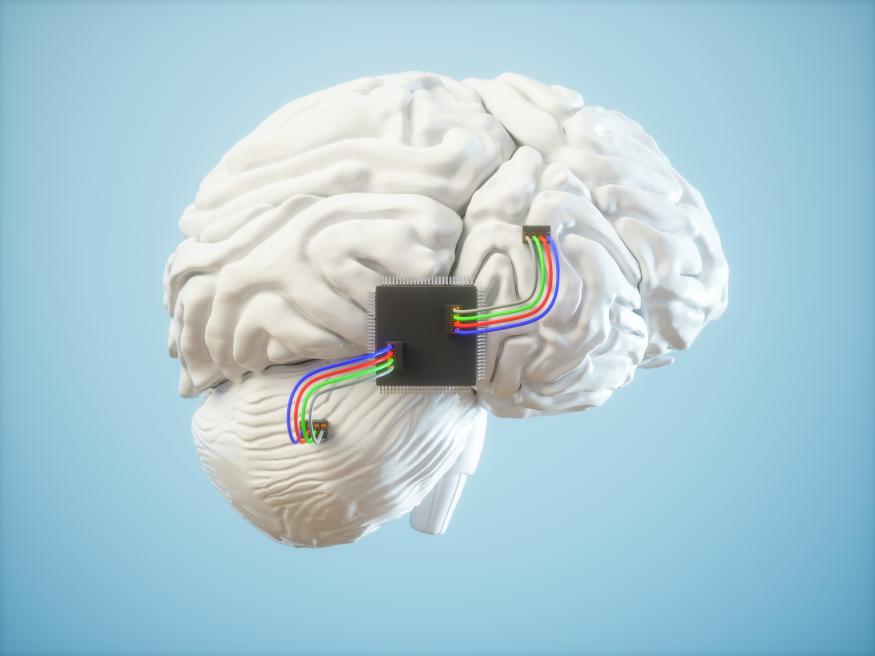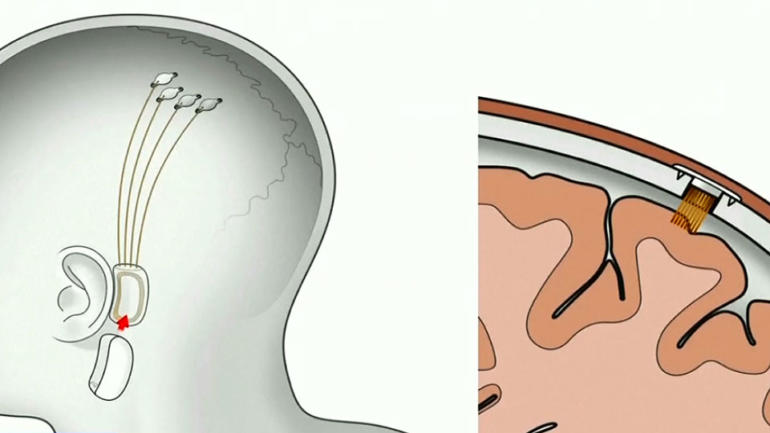 |
| source: Google |
In recent years, Elon Musk's Neuralink has garnered significant attention and excitement for its potential to revolutionize human-computer interfaces. Neuralink aims to develop brain-machine interfaces that can enhance cognitive abilities and potentially treat neurological disorders. While the concept may sound intriguing, the approval for Neuralink's implementation in humans raises several concerns. This article explores the reasons why granting approval for Elon Musk's Neuralink in humans is a bad idea.
1. Safety Risks
One of the primary concerns surrounding Neuralink's approval is the potential safety risks it poses to individuals. The technology involves implanting tiny electrodes into the brain to establish a connection with external devices. The invasive nature of the procedure raises questions about the long-term effects on brain health and the risk of infection or other complications. Before approving such a technology, thorough studies and extensive testing must be conducted to ensure its safety.
2. Ethical Considerations
The implementation of Neuralink also raises significant ethical considerations. The direct interfacing of technology with the human brain raises questions about privacy, consent, and control. It opens the possibility of external entities gaining access to individuals' private thoughts and brain activity. Additionally, the potential for coercion or manipulation becomes a real concern. Ethical frameworks need to be in place to safeguard individuals' autonomy and prevent misuse of this technology.
3. Inequality and Accessibility
Neuralink, if approved, would likely come with a hefty price tag, making it accessible only to the privileged few. This raises concerns about exacerbating existing inequalities in society. If brain-computer interfaces become available only to the wealthy, it would create a divide between those who can afford such enhancements and those who cannot. Access to healthcare should be equitable, and approving a technology that perpetuates inequality goes against this principle.
4. Lack of Long-Term Studies
As with any emerging technology, the long-term effects of Neuralink on human health and well-being are largely unknown. Before approval, it is crucial to conduct extensive and rigorous long-term studies to understand the potential risks and benefits associated with brain-computer interfaces. Rushing the approval process without comprehensive research may lead to unforeseen consequences that could have been prevented with more thorough investigations.
 |
| source: Google |
5. Unpredictable Impact on Society
The implementation of Neuralink in humans has the potential to reshape society in profound ways. However, the impact on various aspects of life, such as education, employment, and personal relationships, is unpredictable. It is important to carefully consider the societal implications and engage in informed discussions before granting approval. Society needs to collectively address the ethical, legal, and social ramifications to ensure a responsible and inclusive integration of this technology.
Conclusion
While the idea of Elon Musk's Neuralink may be intriguing, approving its implementation in humans is a decision that should not be taken lightly. Safety risks, ethical considerations, inequalities, lack of long-term studies, and the unpredictable impact on society are all compelling reasons to approach this technology with caution. Instead of rushing approval, it is crucial to prioritize thorough research, ethical frameworks, and societal discussions to ensure that if Neuralink becomes a reality, it does so in a responsible and beneficial manner.
FAQs
1. Are there any proven benefits of Neuralink for humans? While Neuralink holds potential for enhancing cognitive abilities and treating neurological disorders, rigorous studies are needed to establish its benefits and long-term effects on human health.
2. Can Neuralink read people's thoughts? Neuralink's technology aims to establish a connection between the brain and external devices, but it does not enable reading thoughts. The level of privacy and control over personal data is still an ongoing concern.
3. Will Neuralink be affordable for everyone? Given the current state of the technology, Neuralink is likely to be expensive initially, potentially limiting its accessibility to a select few. Addressing affordability and ensuring equitable access should be priorities.
4. What steps are being taken to ensure the safety of Neuralink? Before granting approval, extensive safety testing and studies should be conducted to identify and mitigate potential risks associated with Neuralink's implementation in humans.
5. How can society prepare for the integration of Neuralink? Society must engage in open and informed discussions to address the ethical, legal, and social implications of Neuralink. Developing frameworks and guidelines can help ensure responsible and inclusive integration of this technology.
people also search for
Neuralink technology Brain-computer interfaces Elon Musk's Neuralink Neuralink implants Neuralink research Neuralink advancements Neuralink applications Neuralink benefits Neuralink risks Neuralink safety concerns Neuralink ethical implications Future of Neuralink Neuralink and cognitive enhancement Brain-machine interfaces Neuralink developments
Post a Comment